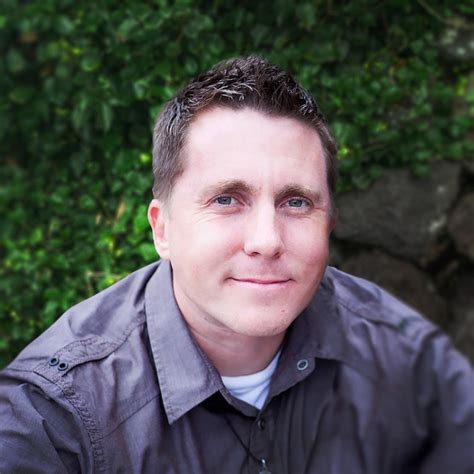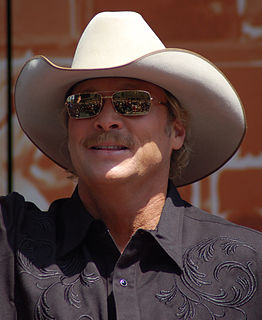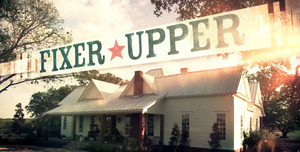A Quote by Brian Molko
What's missing is the music. I'd like to rant on and on about the music, the mechanics of it. It's what I think about 90 per cent of the day. I don't think about getting high all the time. I guess I do think about sex a lot, though...
Related Quotes
Thinking about making a love story without music was really frightening, Sciamma admitted. Because every love story we know, we think about 'Titanic' we think about the music, we think about 'Gone with the Wind' we think about the music, we think about 'E.T.' we think about the music, and every love story has its own tune, 'That's our song.'
Music goes way back before language does. And music is like the key to a whole spiritual existence which this society doesn't even talk about. We know it's there. The Grateful Dead plays at religious services essentially. We play at the religious services of the new age. Everybody gets high, and that's what it's all about really. Getting high is a lot more real than listening to a politician. You can think that getting high actually did happen - that you danced, and got sweaty, and carried on. It really did happen. I know when it happens. I know it when it happens every time.
People think, for some reason, that I don't care about creativity and art, or helping people. So I would say that the biggest misconception is, when you think about me, when you think about my name, I don't want you to think about design or clothes or music. I want you to think about a person that's just trying to help people.
You think about people like Hank Williams, who stood on that spot of wood, and Mr. Acuff, and, of course, George Jones. And just about anybody you can think of who has made country music has been on that stage. That's what makes you so nervous - to think about the historical part of the Opry and how it's played such a part in country music.
I had a lot of time to myself, and I would listen to a lot of music, mostly music that I knew fairly well and had a relationship with. And I'd think, well, what is it that I've never been able to do that this person or people are able to do with this song? Why haven't I been able to do it, and what can they do that I wish I could do? And then I'd try to do that. I'd start each day getting into the songs, and I'd think about how I might get closer to this music that I love, but haven't been able to make before.
I could write all songs all day long about what I think about the music industry or music in general. Sometimes I gotta be like, "Let's write about something else." You don't want to say the same thing over and over again. In a lot of ways, I look at records as a year or two of my life encapsulated in songs. They're almost like journal entries.
I guess I have some kind of a visceral connection with drums. I'm looking to create music that people can react to viscerally, and people will respond to viscerally. I think that you can listen to music, to a song you've never heard before and not really like it, but also feel like you're responding to it physically whether you like it or not. I think that's a powerful aspect about music, and I think that's something that draws me to drums.
Electronic music was just discovery about sound, all our sound options. The core percussions and melodies, they forget about it, they didn't think about those those for a good four, five years, because they were just discovering the new tools and what they could do with them, you know? The big folk revival, I think is a backlash against that. And now, I think they'll probably try to find somewhere in the middle. It's interesting. It's like push-and-pull. It's always like that, you know? Music history is always like that, this repeating evolution of music.
I believe that the greatest music is storytelling anyway, in a heightened medium. So I write a lot of music, and I play a lot with my guitar, I still sing a lot, but now I'm more personal about it than public, in a way. I think there will be a time where I'd like to bring the singing back into some of my performances. It all depends if the material's right, if the story's right, if it's my kind of taste in music, as well. It means so much to me. We all know how affective music can be, I just want to make sure when I do it, I'm doing it because I actually feel it and I care about it.




































